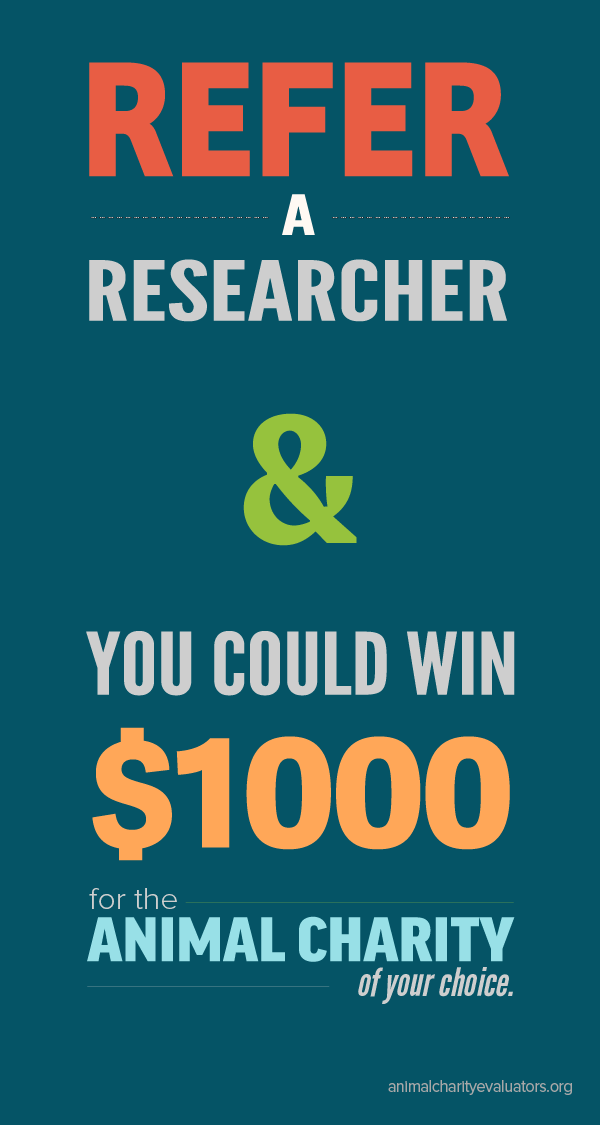TL;DR
Exactly one year after receiving our seed funding upon completion of the Charity Entrepreneurship program, we (Miri and Evan) look back on our first year of operations, discuss our plans for the future, and launch our fundraising for our Year 2 budget.
Family Planning could be one of the most cost-effective public health interventions available. Reducing unintended pregnancies lowers maternal mortality, decreases rates of unsafe abortions, and reduces maternal morbidity. Increasing the interval between births lowers under-five mortality. Allowing women to control their reproductive health leads to improved education and a significant increase in their income. Many excellent organisations have laid out the case for Family Planning, most recently GiveWell.[1]
In many low and middle income countries, many women who want to delay or prevent their next pregnancy can not access contraceptives due to poor supply chains and high costs. Access to Medicines Initiative (AMI) was incubated by Ambitious Impact’s Charity Entrepreneurship Incubation Program in 2024 with the goal of increasing the availability of contraceptives and other essential medicines.[2]
The Problem
Maternal mortality is a serious problem in Nigeria. Globally, almost 28.5% of all maternal deaths occur in Nigeria. This is driven by Nigeria’s staggeringly high maternal mortality rate of 1,047 deaths per 100,000 live births, the third highest in the world. To illustrate the magnitude, for the U.K., this number is 8 deaths per 100,000 live births.
While there are many contributing factors, 29% of pregnancies in Nigeria are unintended. 6 out of 10 women of reproductive age in Nigeria have an unmet need for contraception, and fulfilling these needs would likely prevent almost 11,000 maternal deaths per year.
Additionally, the Guttmacher Institute estimates that every dollar spent on contraceptive services beyond the current level would reduce the cost of pregnancy-related and newborn care by three do




Roughly how many resources (person days) have you put into this, and how many do you plan to?
This is a very rough estimate, because we almost never put entire days into this kind of work, and because the boundaries between it and other work we do aren't clear - I'm not sure what things to count, in some cases. But I would guess on the order of 10 person-days last year, and hoping to slightly increase the amount of time we spend on it in the future. We don't have total control over how much time we spend on this, because other people need to also be interested in working with us.